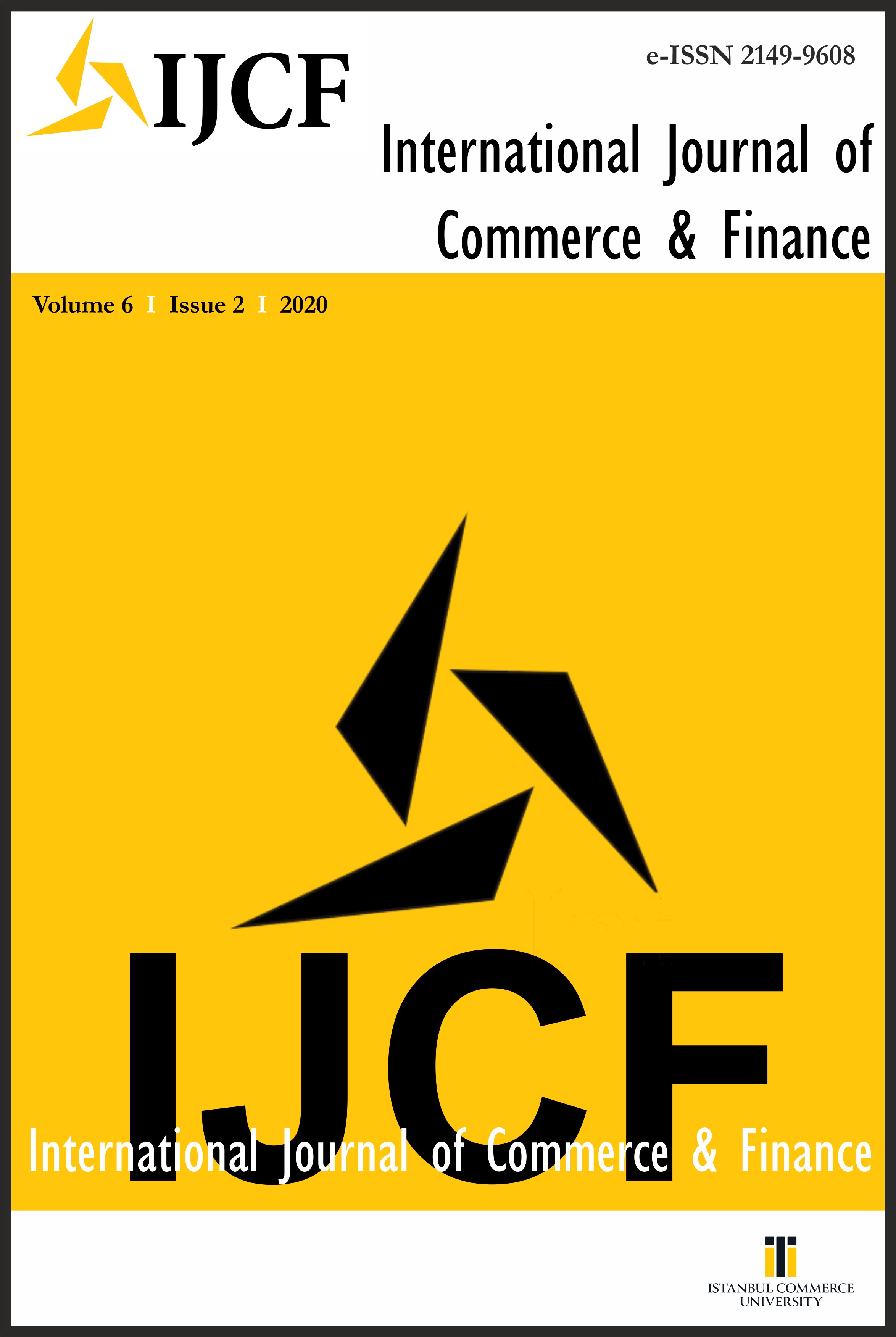The Effect of Military Expenditure on Economic Growth and environmental quality in Uganda.
Abstract
This research aims to empirically investigate how military expenditure (ME) relates with economic growth (GDP) and environmental quality (CO2) in Uganda from 1990-2022 using a flexible autoregressive distributed lag (ARDL) model and Toda-Yamamoto Granger causality test. The results showed that in the long run, ME is positively related to GDP but the result is insignificant. However, in the long run, the effect of ME on CO2 is positive and statistically significant. Furthermore, the short run effect of ME on GDP is negative but insignificant while on CO2, the effect of ME is positive and significant. Additionally, the causality test results revealed a unidirectional causality running from ME to GDP and ME to CO2. Also, a bidirectional causality flows from population growth (PG) to GDP and CO2 while a unidirectional causality flows from gross capital formation (GCF) to GDP and CO2. From these results, Uganda policymakers should encourage military spending since it yields a positive effect on economic growth but should keep in mind of the environmental quality to align with Sustainable Development Goal 13. However, other sectors of the economy like education, agriculture should not be abandoned.
Keywords
Military expenditure; Economic growth; Environmental Quality; Toda-Yamamoto
Full Text:
KombaIndexing and Abstracting Services










Other Sources and Services



License

International Journal of Commerce and Finance is licensed under a Creative Commons Attribution-NonCommercial-4.0 International (CC BY-NC 4.0) License.
Mailing Address
| International Journal of Commerce and Finance Örnektepe Mah. İmrahor Cad. No: 88/2, Beyoğlu 34445 / İSTANBUL, TURKEY E-mail : hersoy@ticaret.edu.tr |



